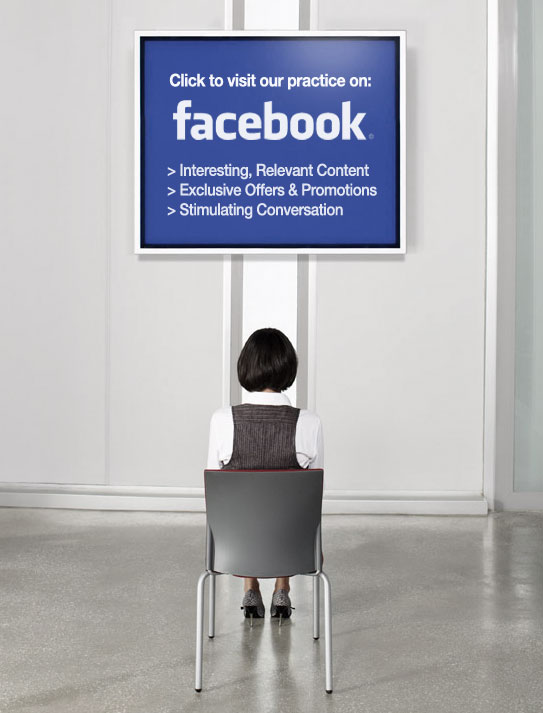DO YOU HEAR THE WORDS “ROOT CANAL” AND CRINGE? For some crazy reason, a root canal seems to be the default treatment used in just about every tired joke that revolves around dentistry. Somehow, root canals have established an infamous reputation for being painful, causing people to do all they can to avoid them.
Of course, here at Lake Oconee Dentistrywe remind everyone that they should do all they can to keep their teeth healthy and to minimize the amount of restorative dental work needed. However, here’s the deal… In most cases, root canals are no more uncomfortable than having a cavity filled, and the benefits greatly outweigh any minimal discomfort.
Sometimes, if you have a decaying, dying or dead tooth, a root canal may be the only way to save it—and saving your natural teeth is nearly always the best way to go. Healthy, stable, natural teeth allow you to eat the foods you want and to maintain proper nutrition. They are an integral part of your lifelong health. A root canal is often the very best way to preserve that natural tooth. Alternatives to root canals are typically far more involved, are more costly, and require additional treatments including having the tooth completely extracted and replaced with a bridge, implant or denture.
Here at Lake Oconee Dentistry we want to be sure you understand that there are potential side effects that can result from an untreated root canal infection, including:
- Abscess: An abscess is a pus-filled pocket that forms at the end of the roots of your tooth.
- Swelling: This swelling can spread to other areas of your face, neck, or head.
- Bone Loss: You could lose part of the bone around the root of your tooth.
- Drainage Problems: A hole can occur in the side of the decaying tooth, which causes drainage into your gums or even into your skin through your cheek.
When it comes to keeping your teeth healthy and doing your best to avoid a root canal, the bottom line is always the same one we all should have learned as kids… Brush, floss, and schedule regular cleanings and checkups. Also wear a mouth guard when playing sports.
Do all you can to minimize the need for a root canal. BUT, when necessary, don’t avoid or postpone one. Root canals can be a huge blessing in disguise when it comes to restoring the health of your smile.
If you have more questions about root canals, please speak with one of our doctors. Thanks for the trust you put in our practice.



